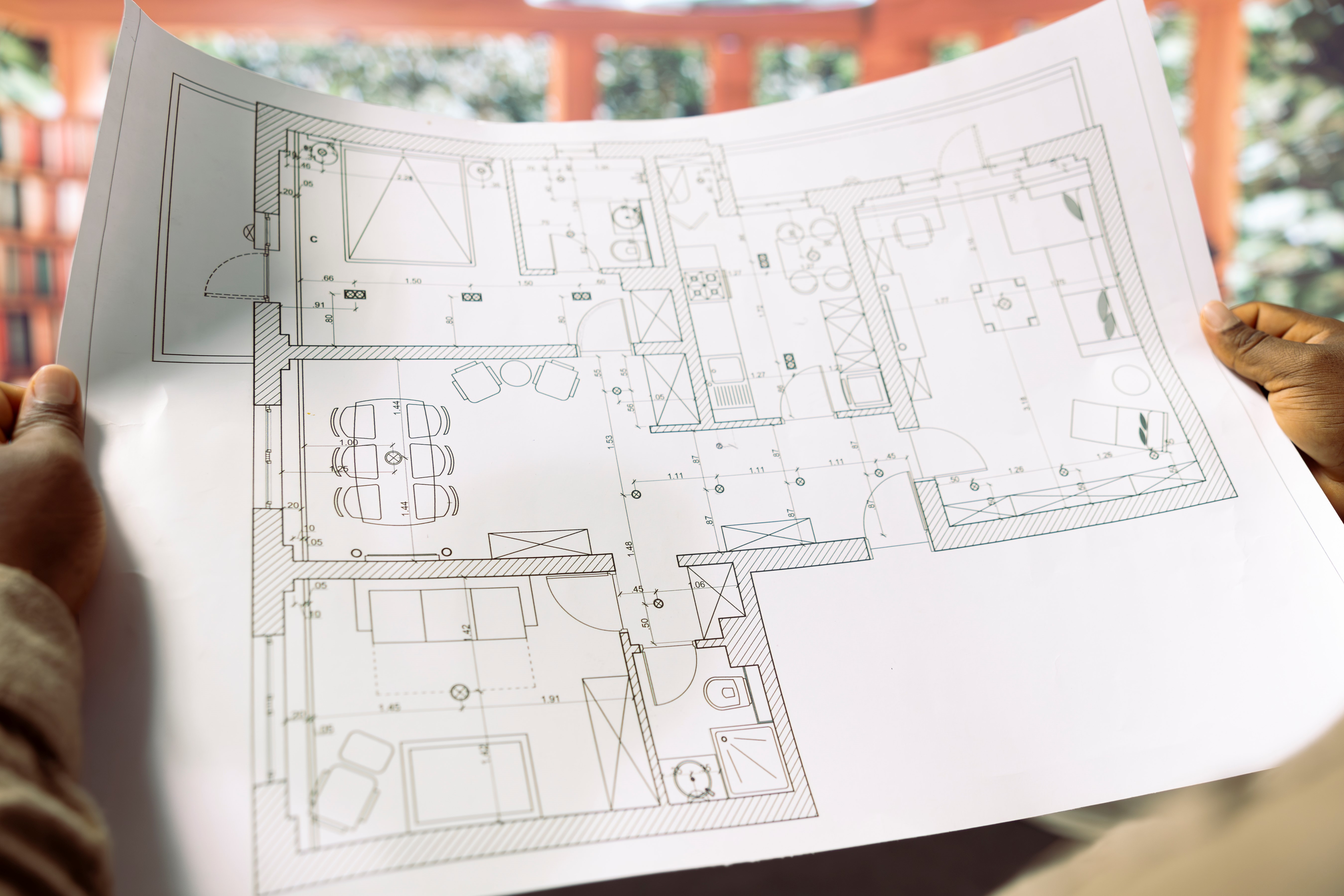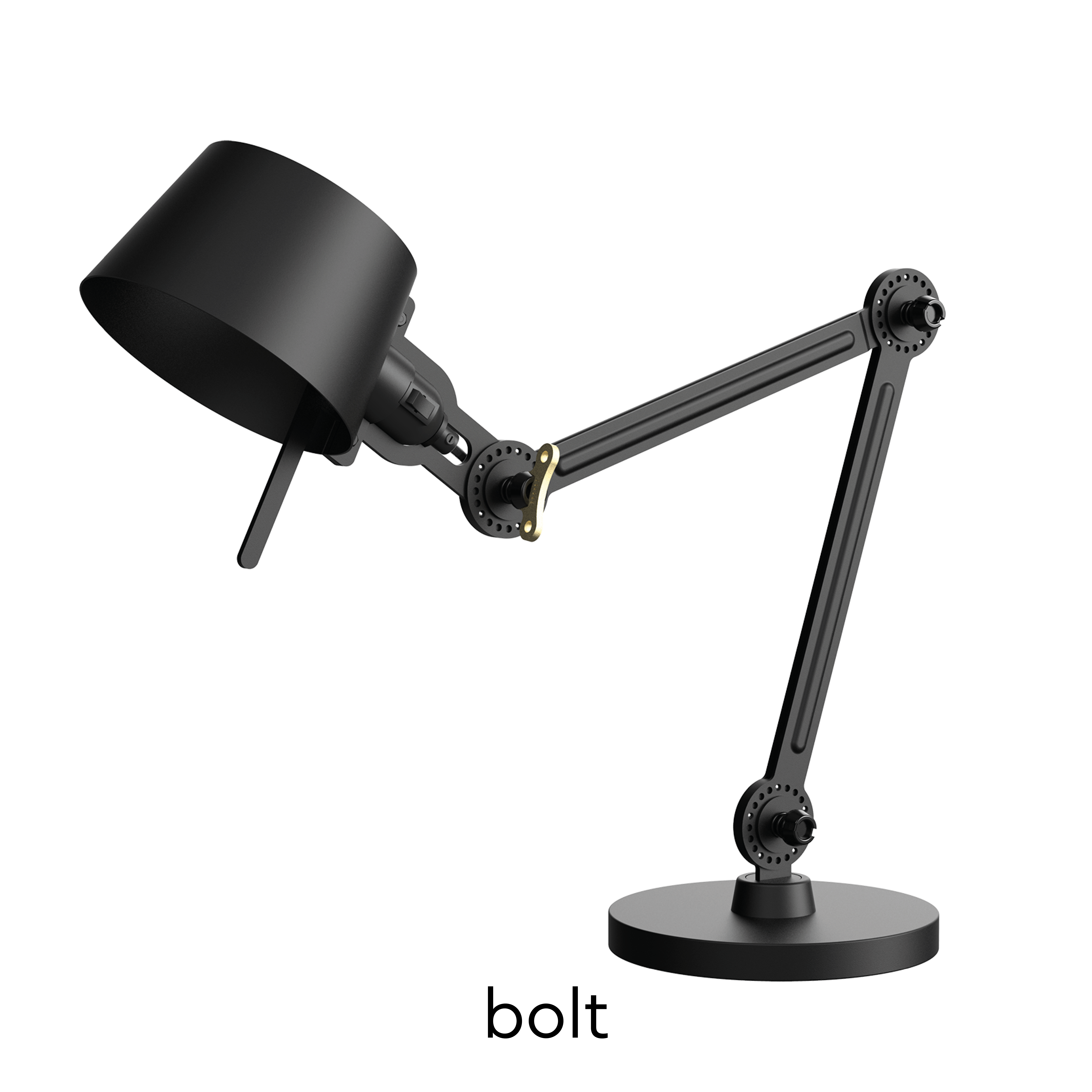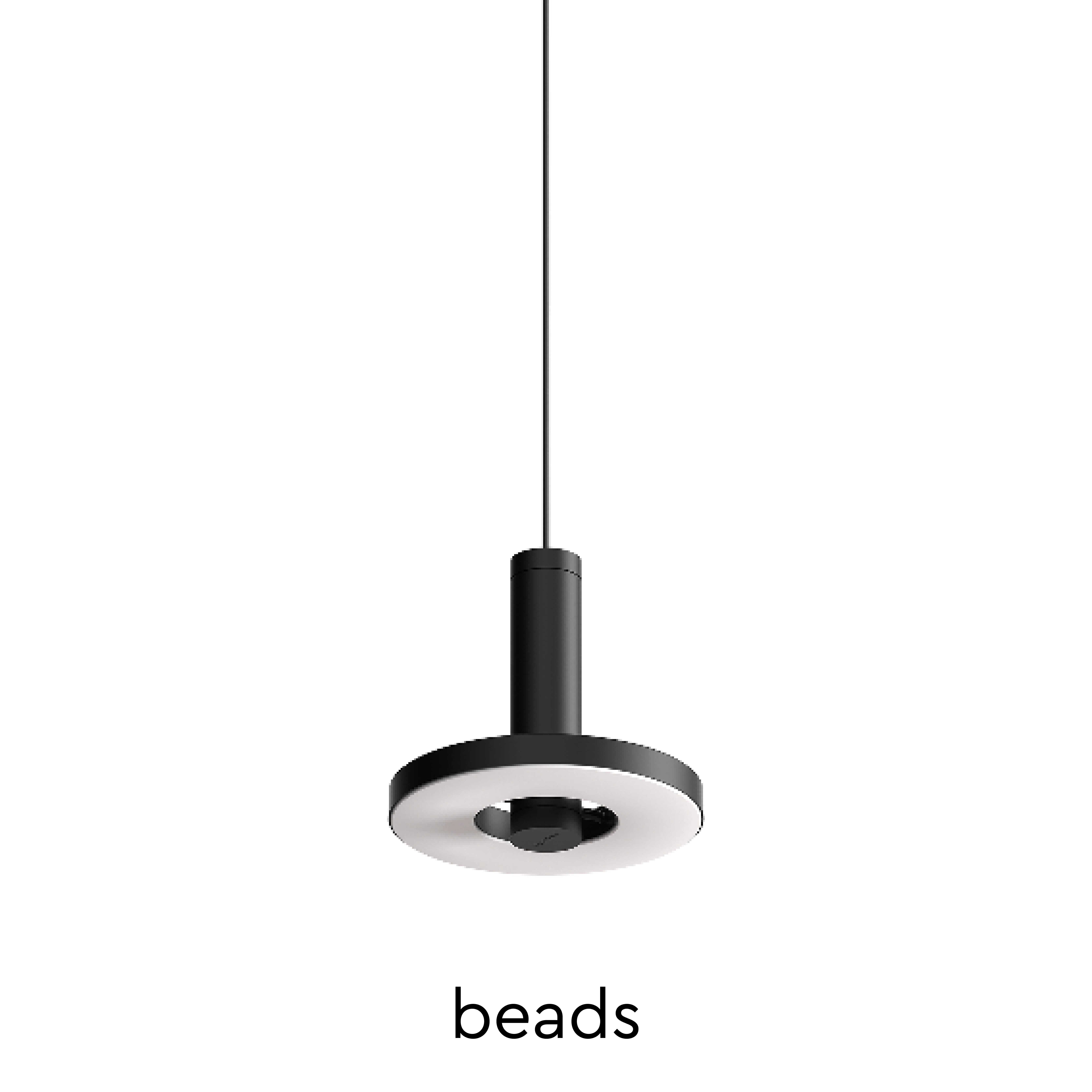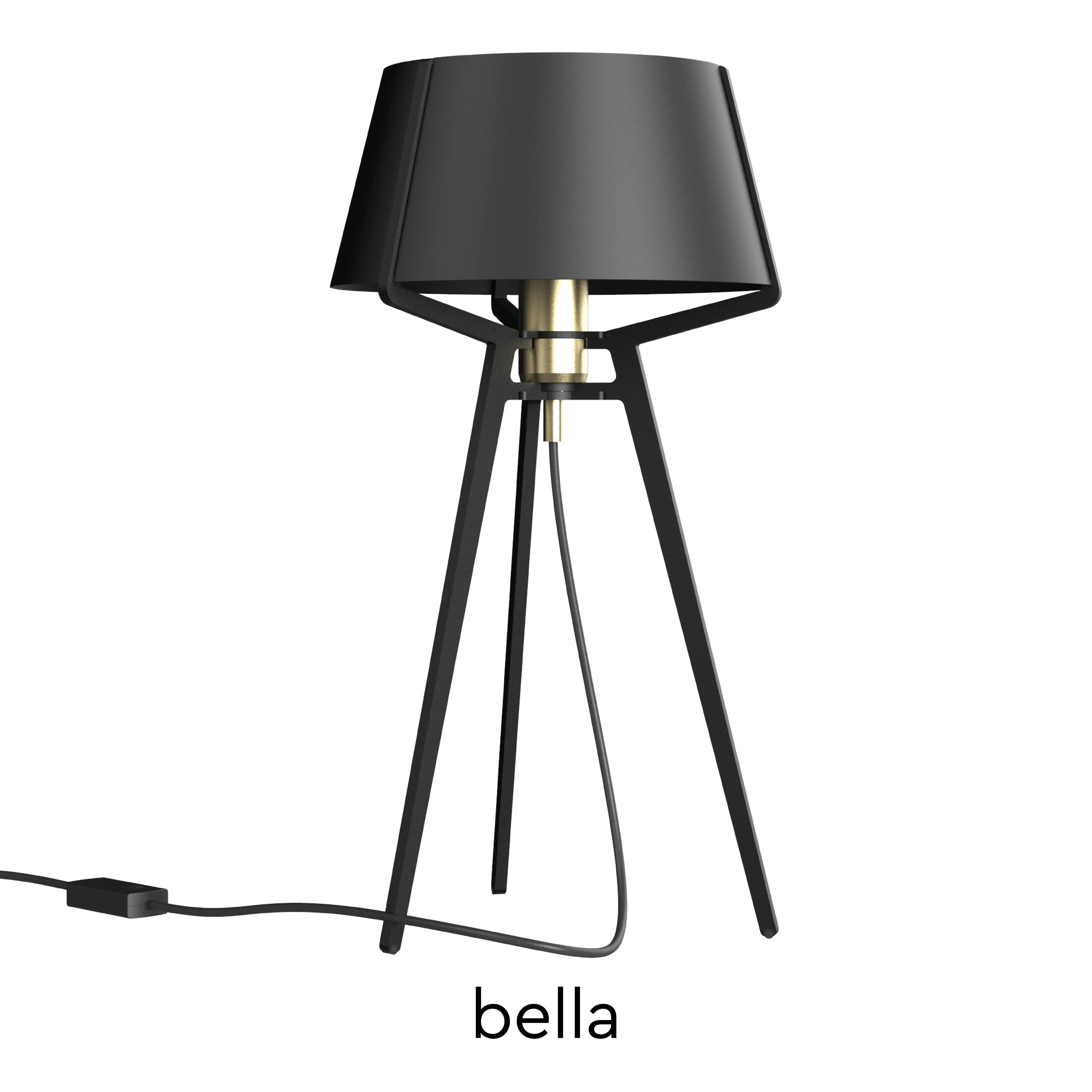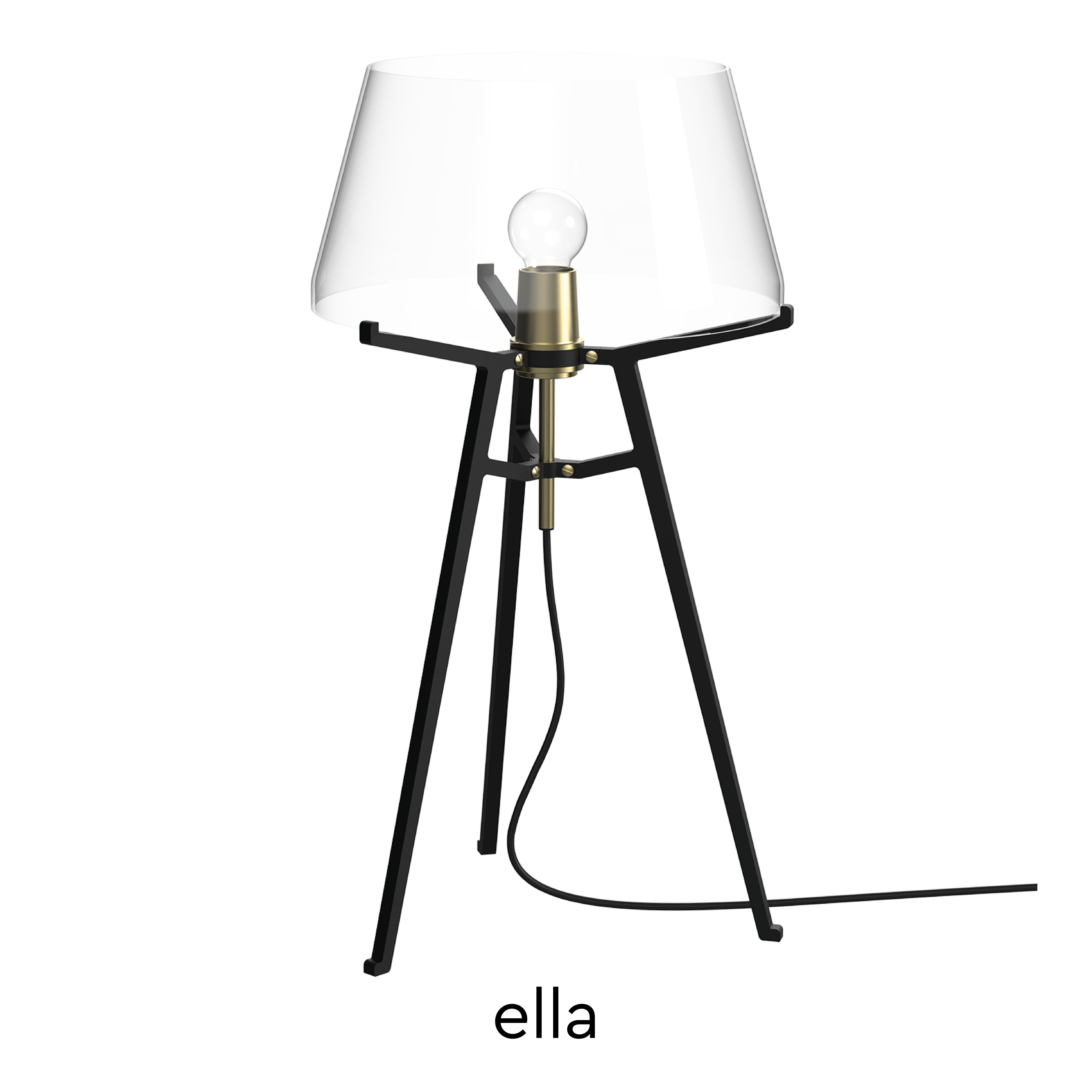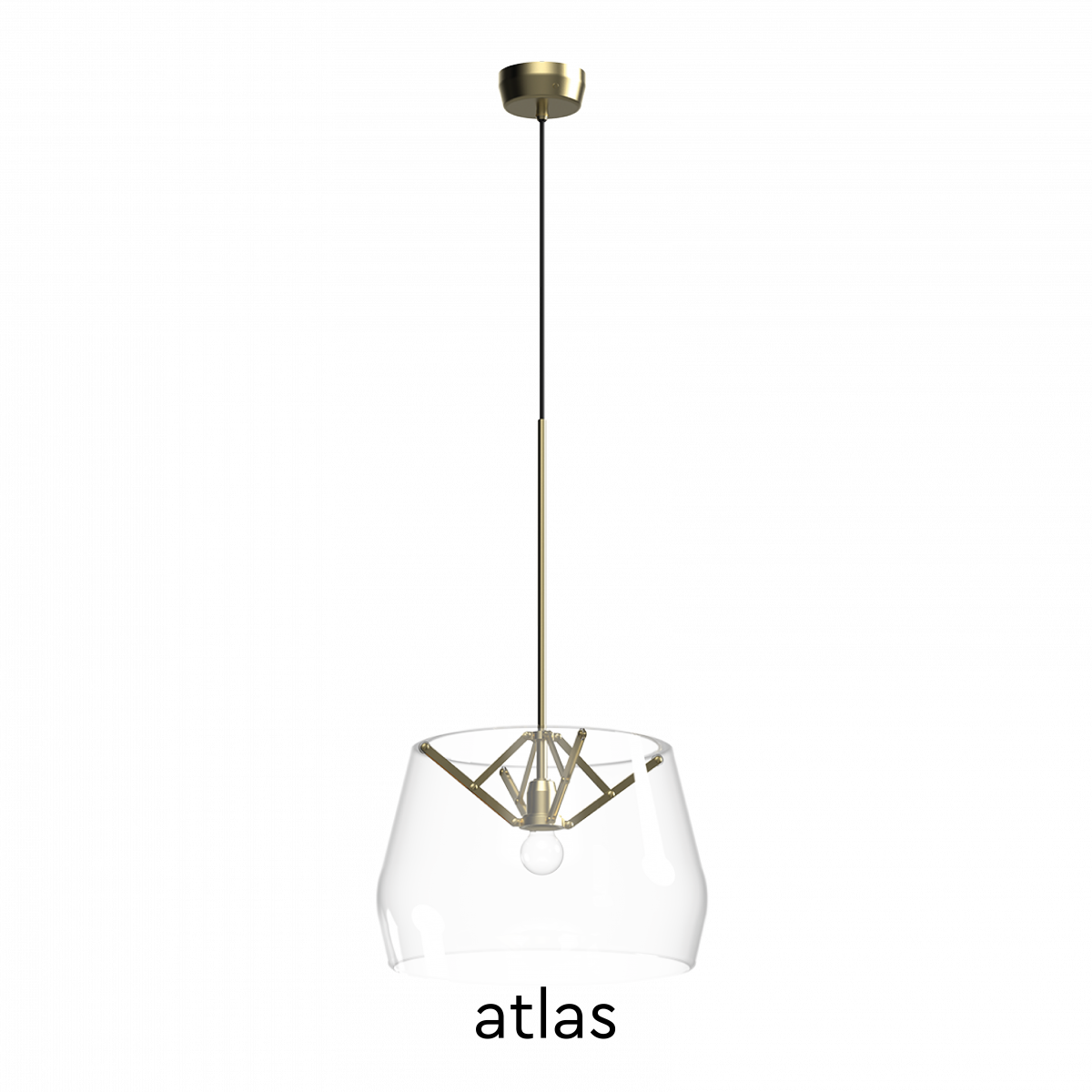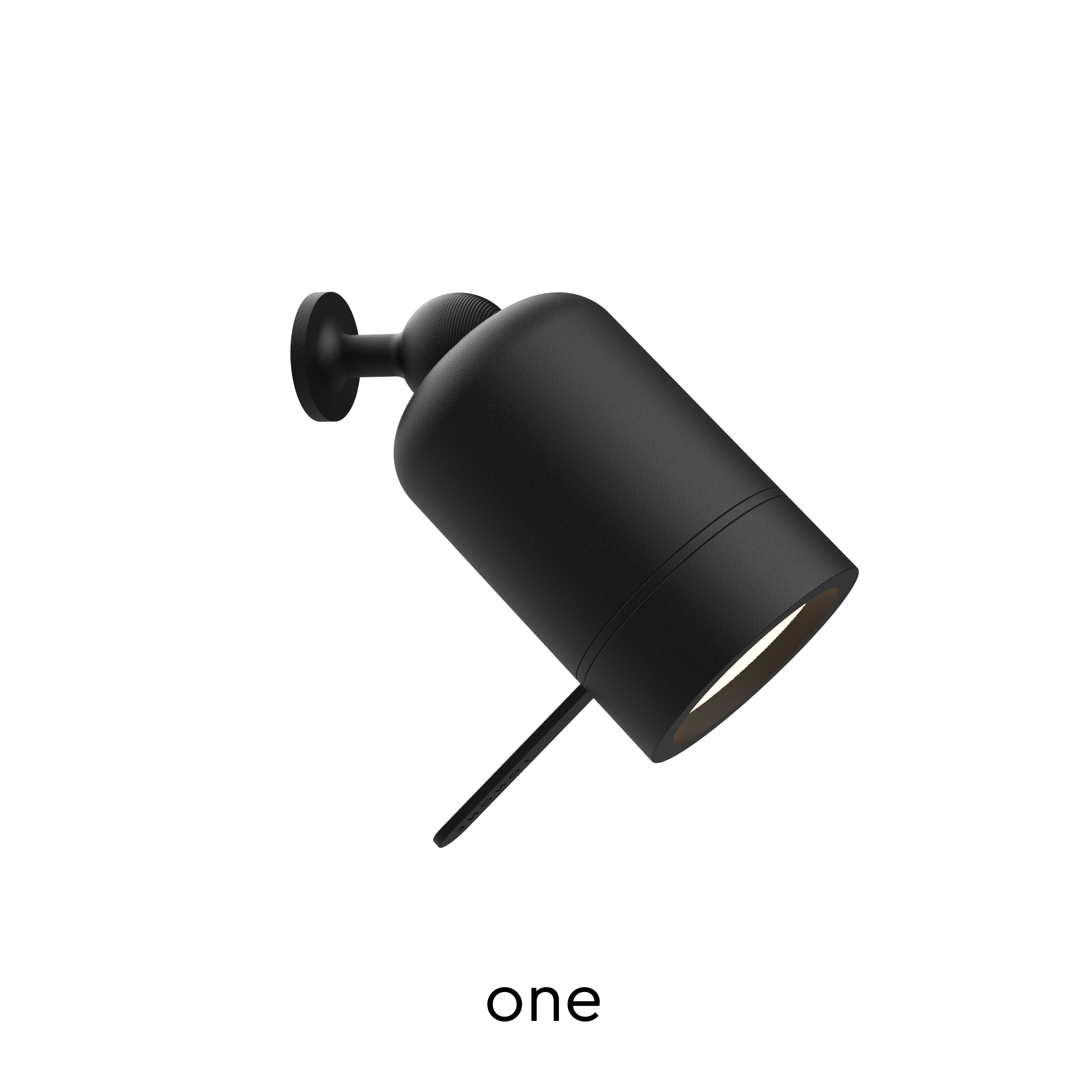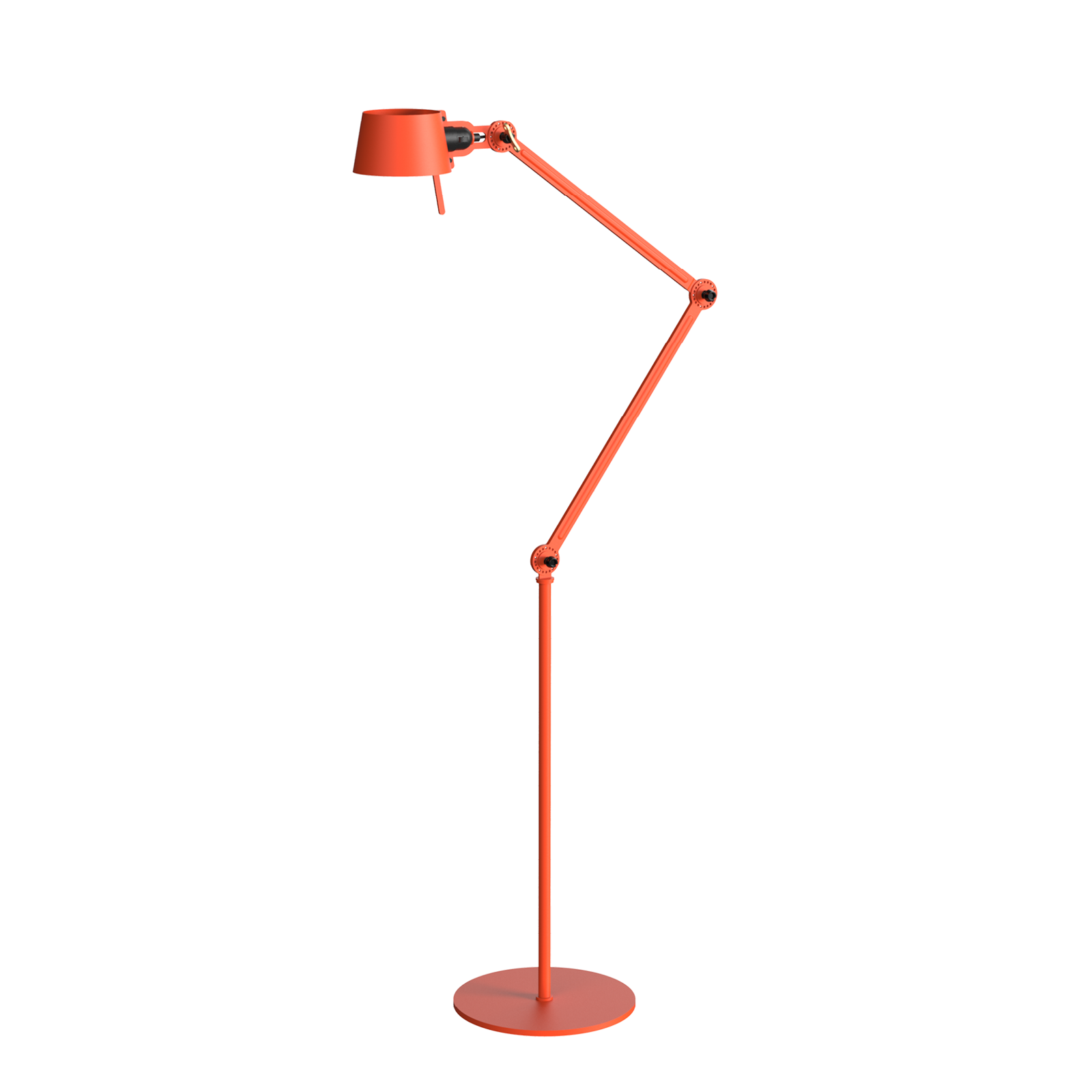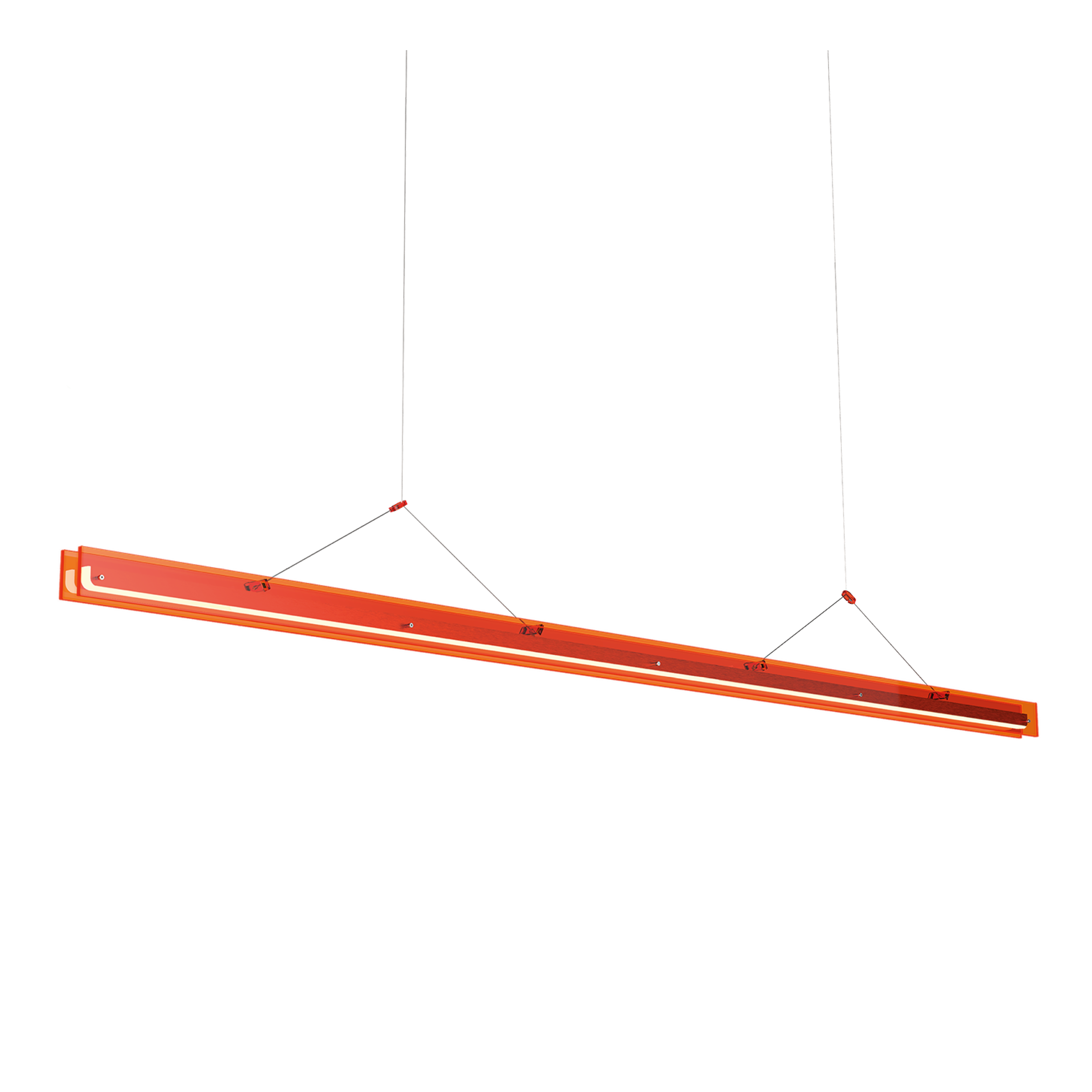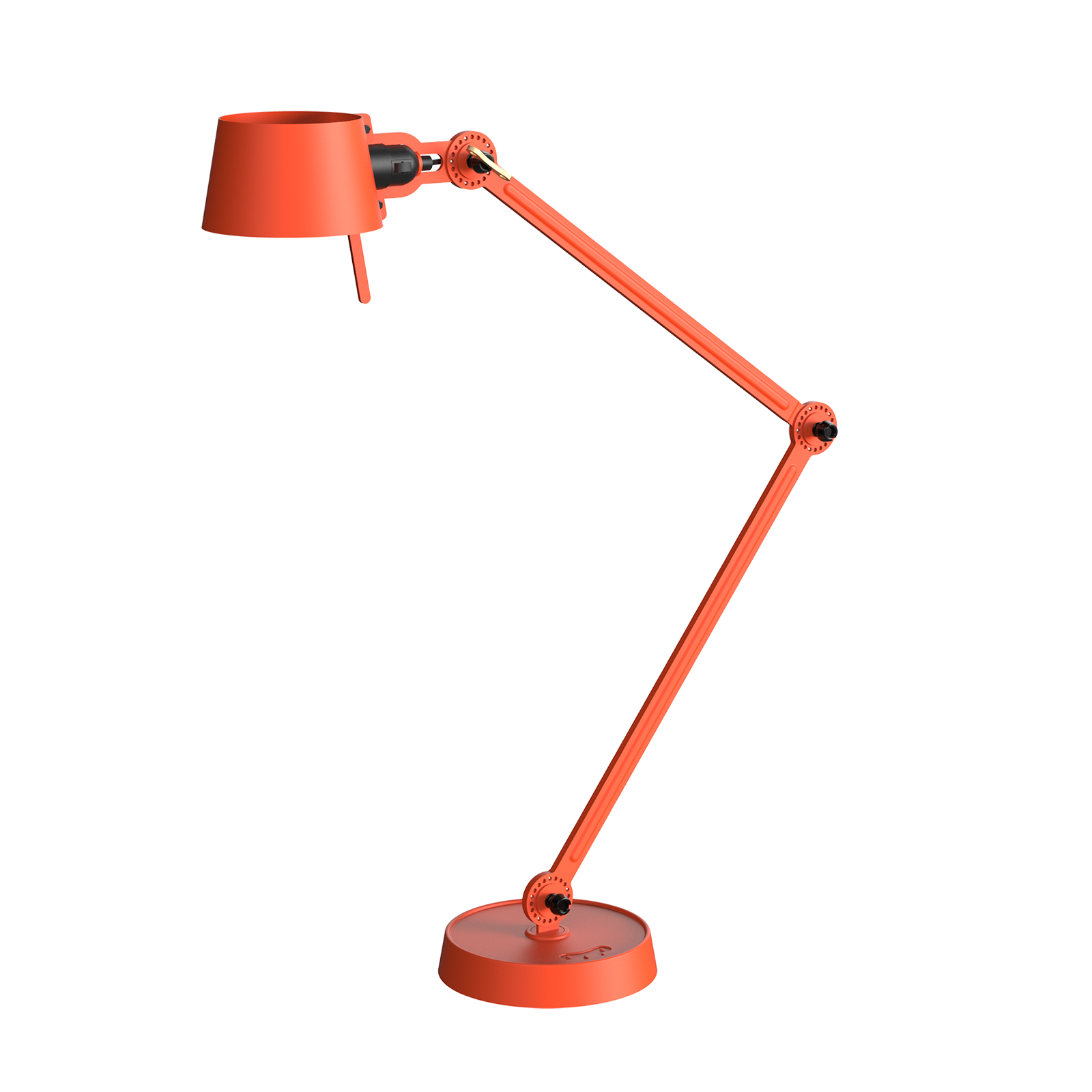Creating a lighting plan
in 7 steps + tips
Creating a lighting plan is essential for a functional and atmospheric space. Start with a detailed floor plan, determine the locations of outlets and switches, and choose the right basic, task and accent lighting for each room. Place lighting strategically, choose suitable light sources and test the plan to adjust it where necessary. A thoughtful lighting plan makes all the difference and transforms any room into a comfortable and well-lit environment.
Why is a lighting plan important?
A lighting plan ensures that a space is well-lit, functional and comfortable. It gives a realistic overview of how much light is needed where, where which lamps are placed and how they are connected. This helps save energy, increase comfort and create the right setting. A good lighting plan can transform any space from dull and dark to bright and inviting, from living room to office or hospitality venue.
What does a lighting plan look like?
A lighting plan is a visual representation of the lighting in a room. It usually includes a floor plan to scale in which light points, switches and sockets are drawn. In addition, the lighting plan indicates what lighting is used and how it affects the room.
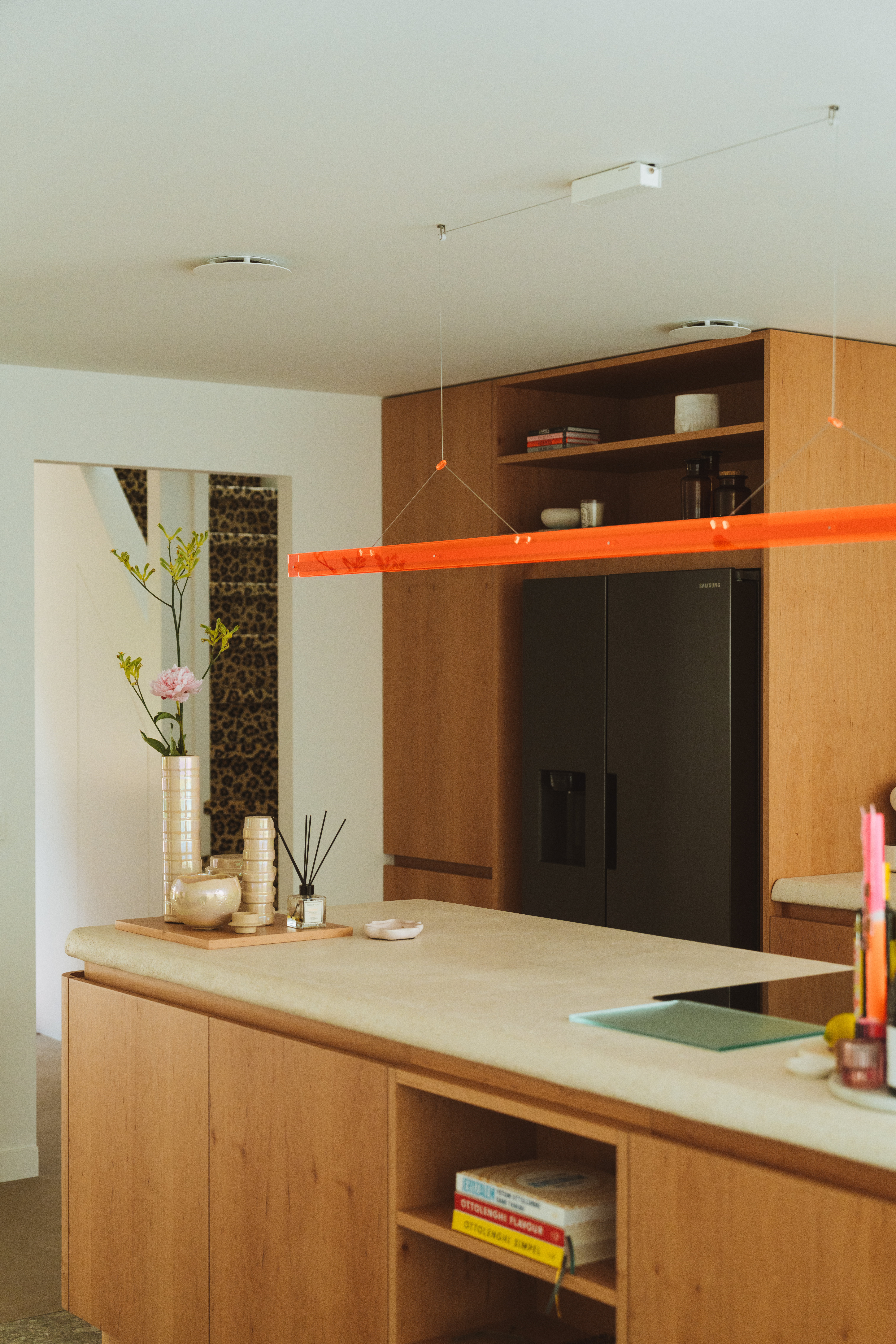
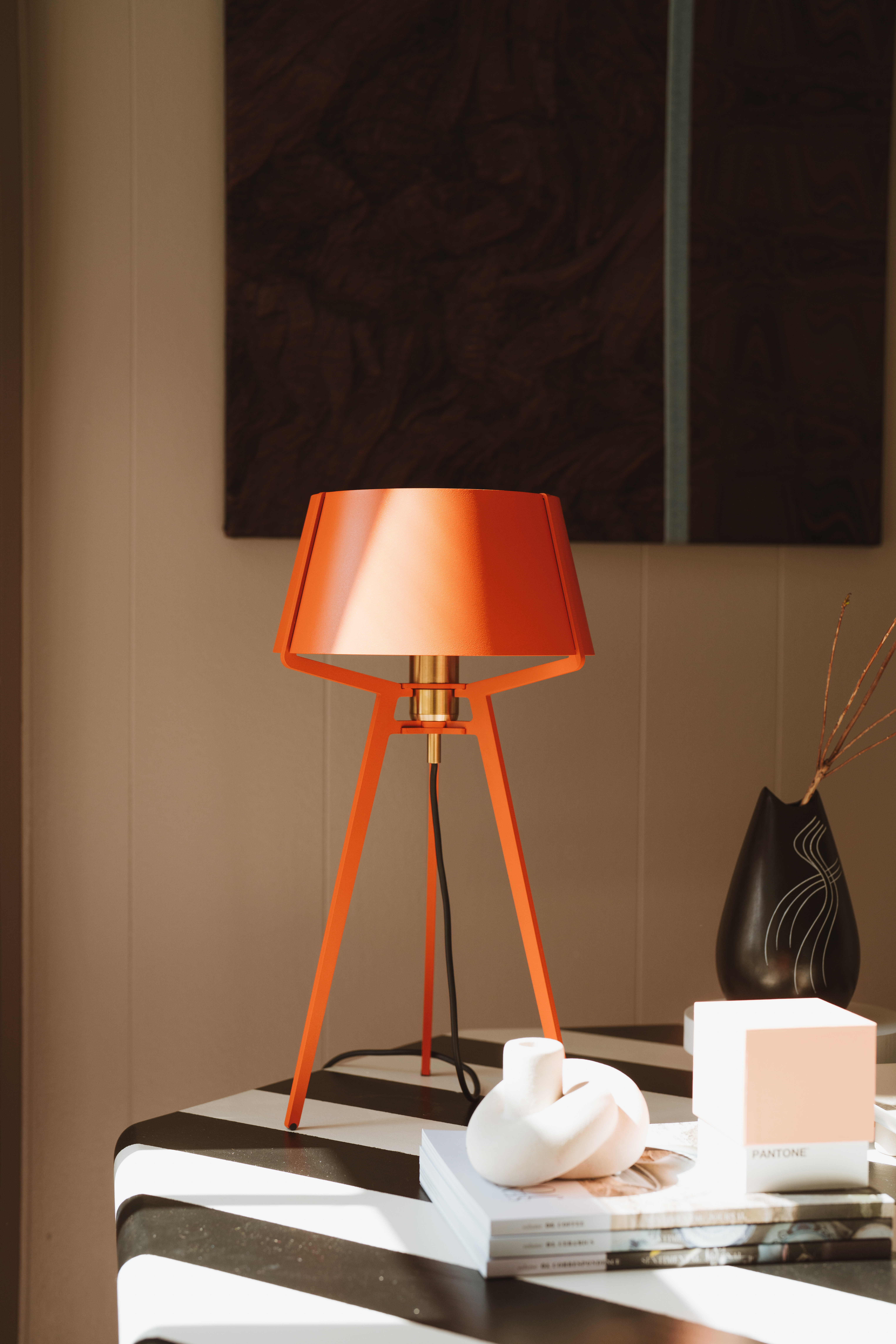
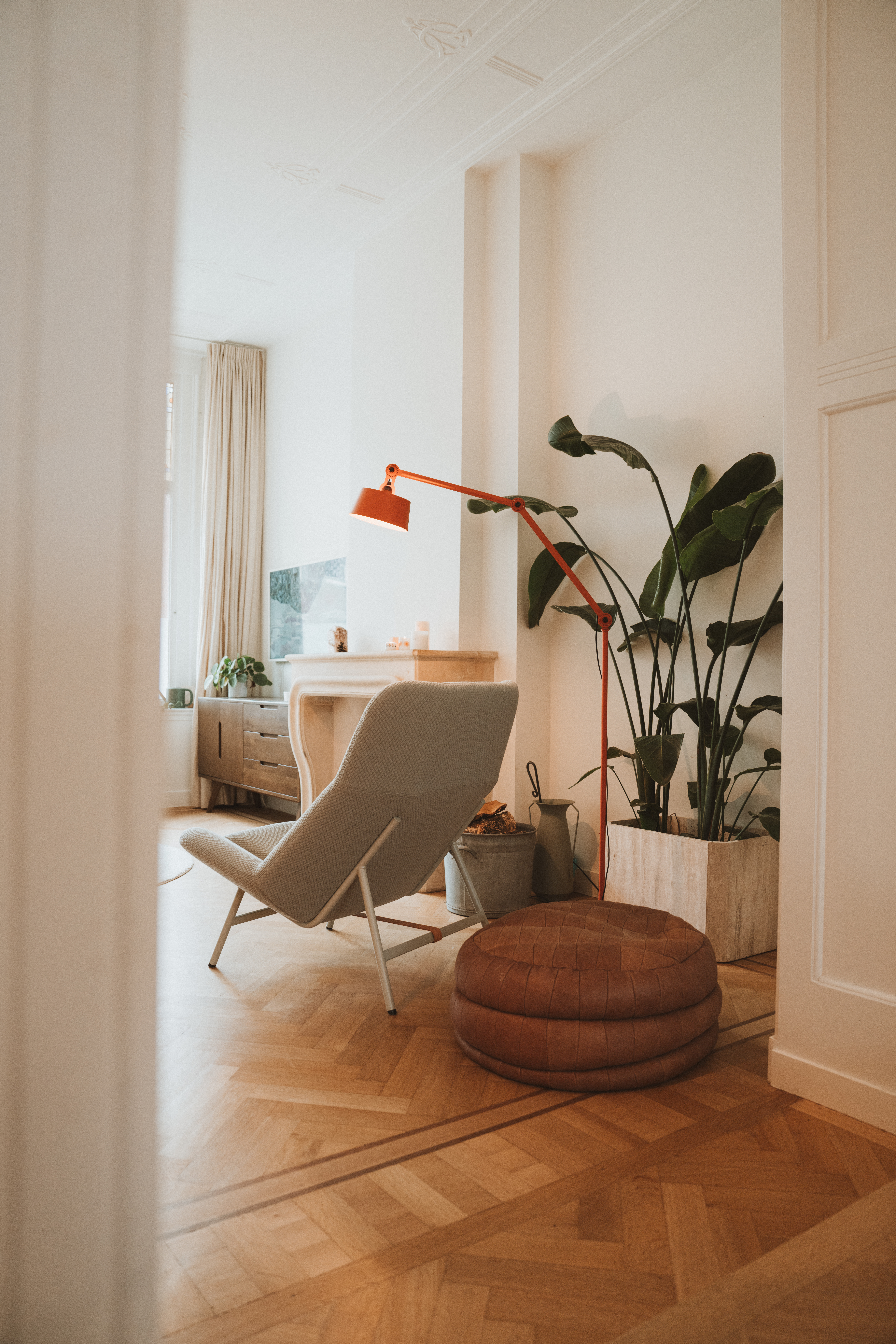
Step-by-step plan for making your lighting plan
Step 1: Plan your living space
Step 2: Think about the connection points
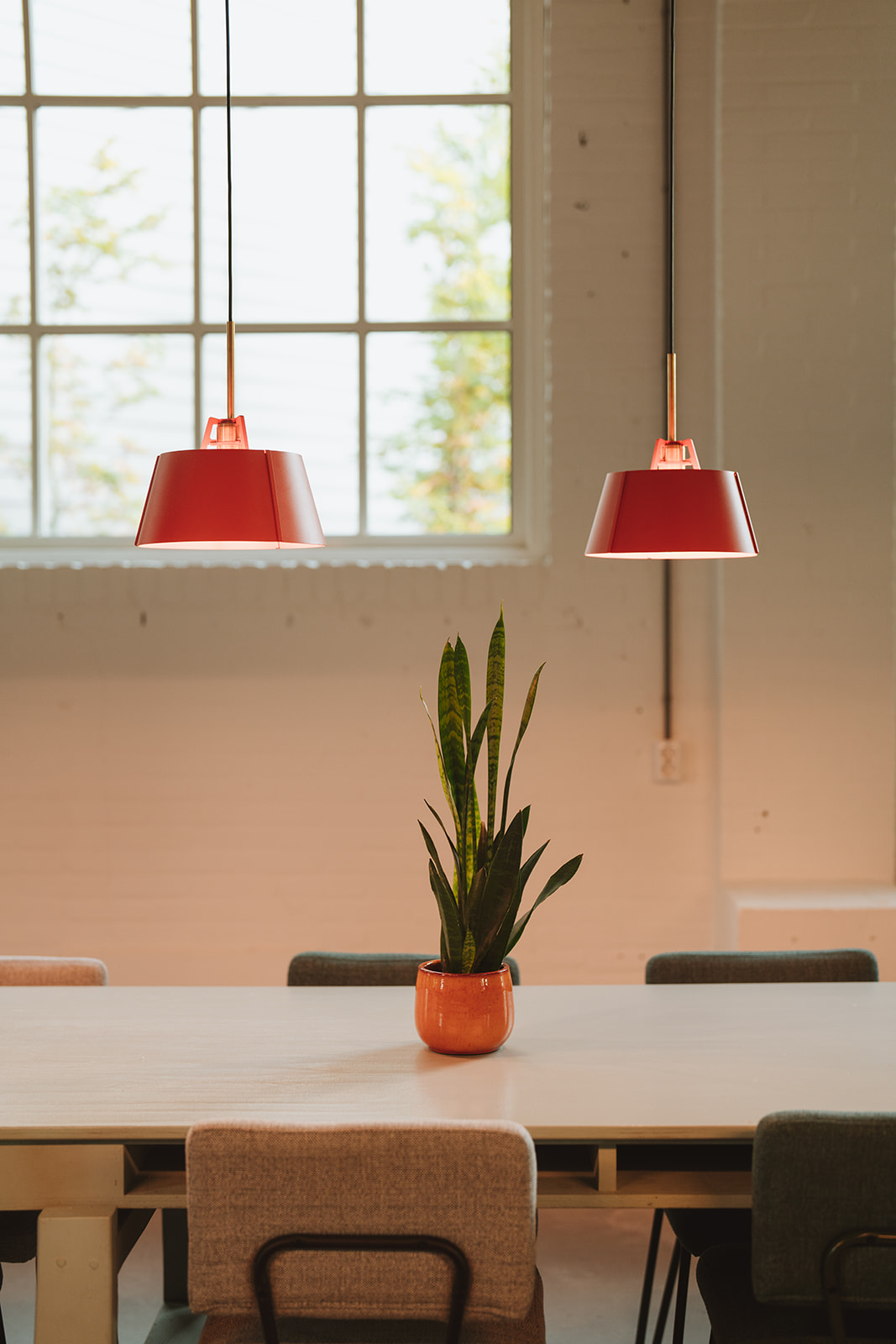
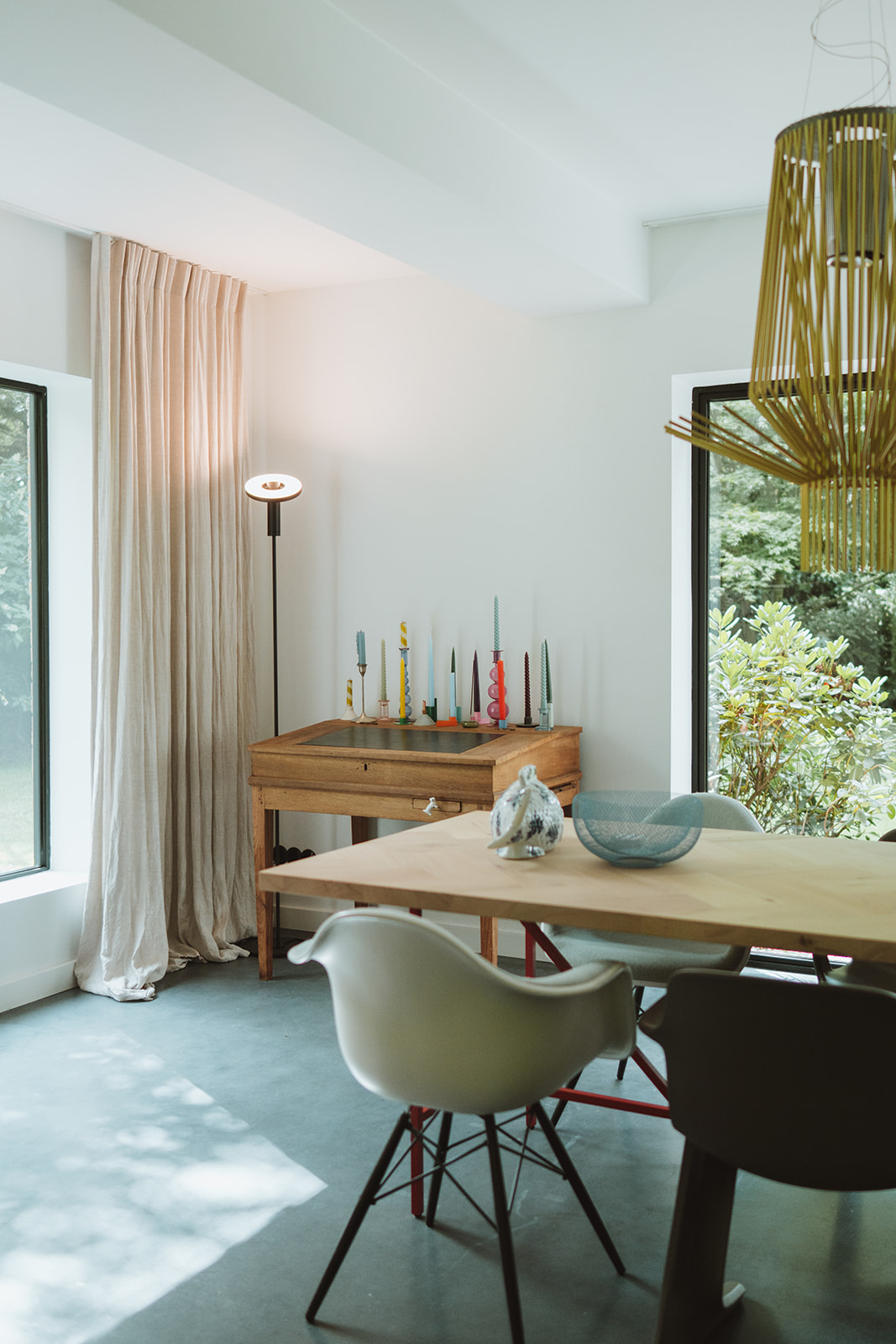
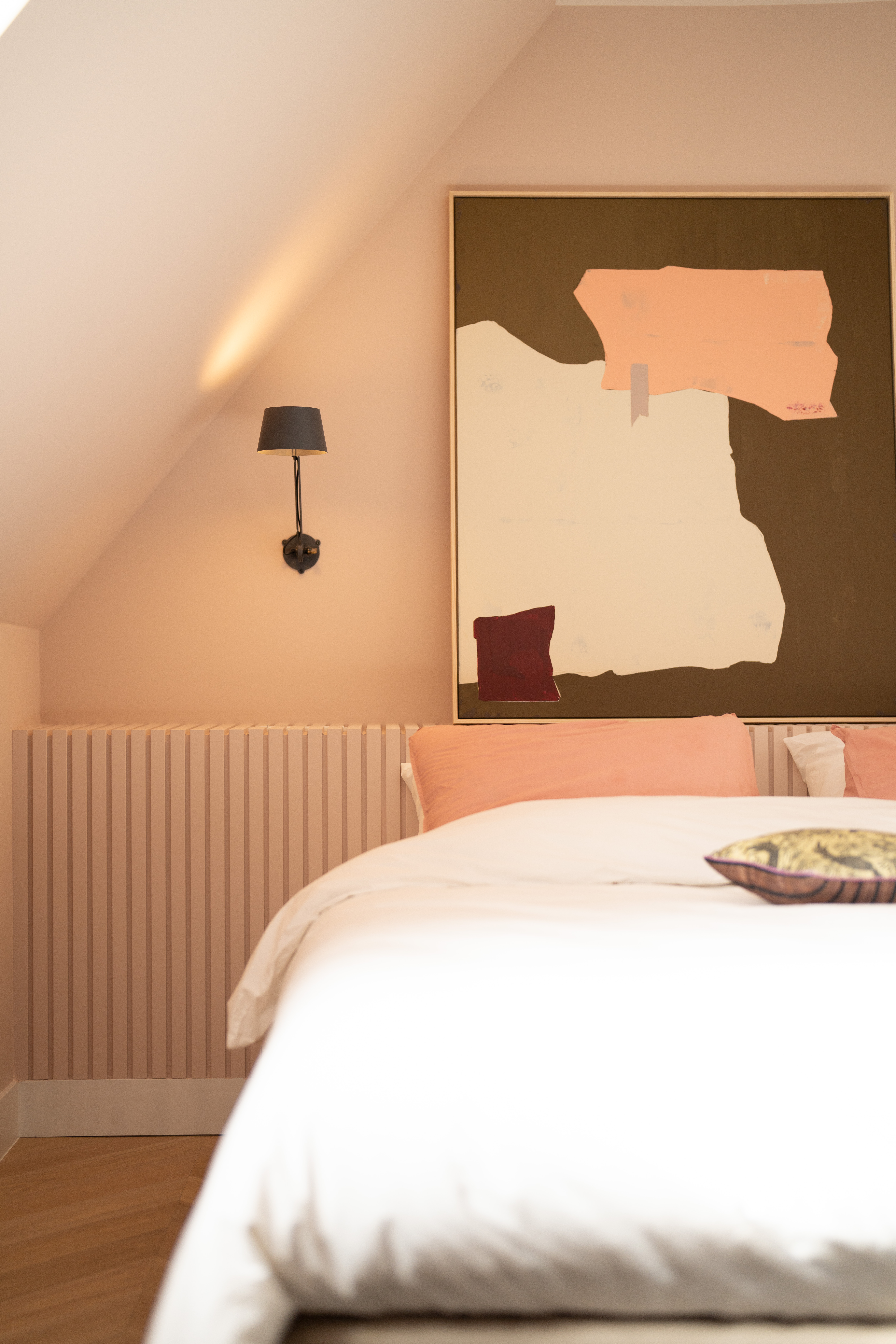
Step 3: Choose the basic
lighting
Each type of lighting plays a specific role in illuminating a room, depending on the activities taking place there. By combining different types of lighting, you create a balanced and atmospheric space.
Define basic lighting
Basic lighting illuminates the whole room and ensures an even distribution of light. For example, the Beads and Bolt ceiling lights, which are ideal for creating a bright, well-lit room.
Define task lighting
Task lighting aims to provide bright, direct light for performing specific activities, such as cooking, reading or working. Bolt wall and desk lamps or the ONE + Desk are perfect for providing directional light, such as above the kitchen sink or on a desk.
Define accent lighting
Accent lighting highlights elements in a room, such as art or architectural features. Tonone Bolt wall lights or the ONE+knob can cast subtle light on a painting or bookshelf, making them stand out.
Step 4: Choose the location of your lighting
Determine the exact locations of lighting in the room. Make sure each spot is adequately lit. For example, place a pendant lamp above the dining table or a floor lamp next to a reading chair.
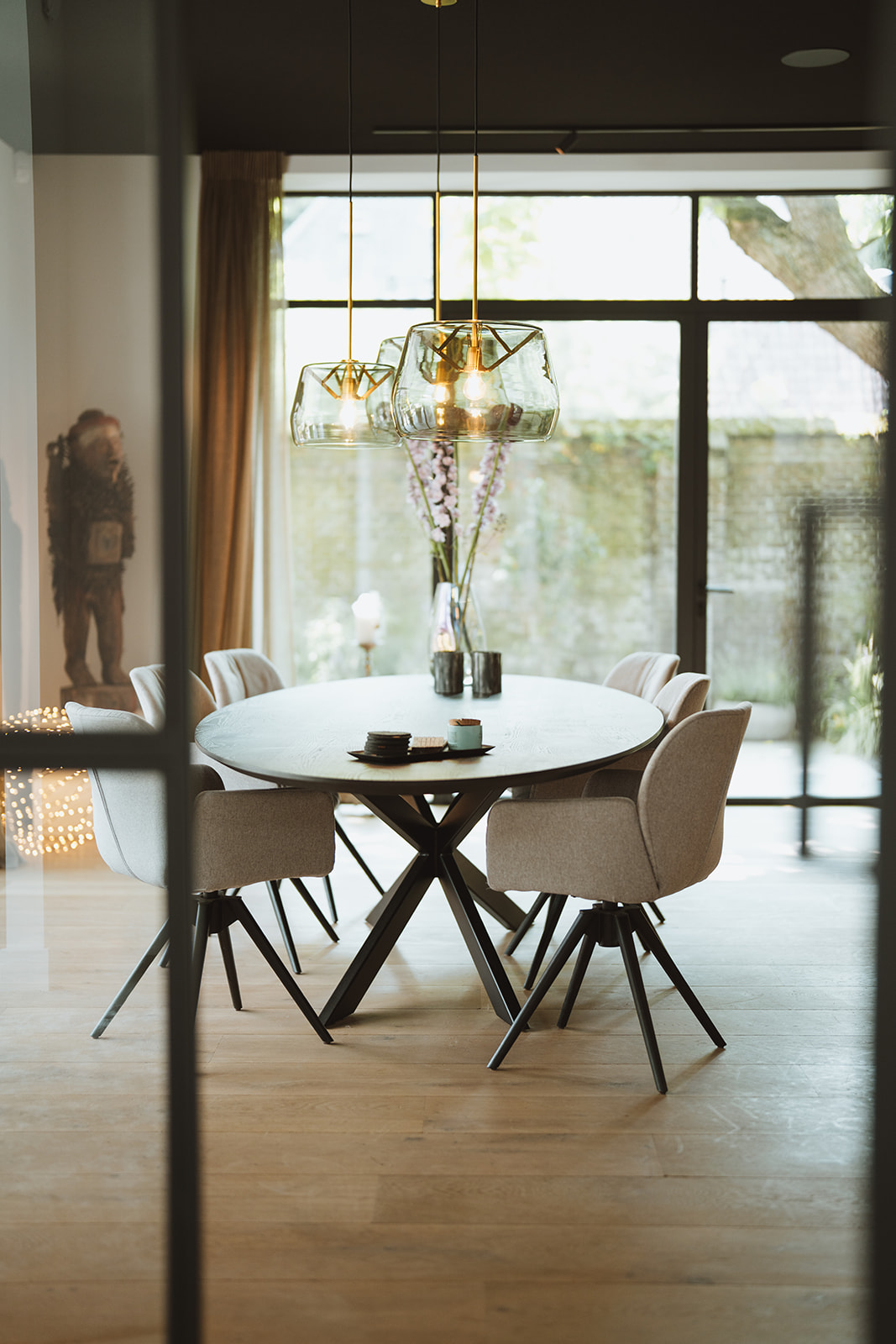
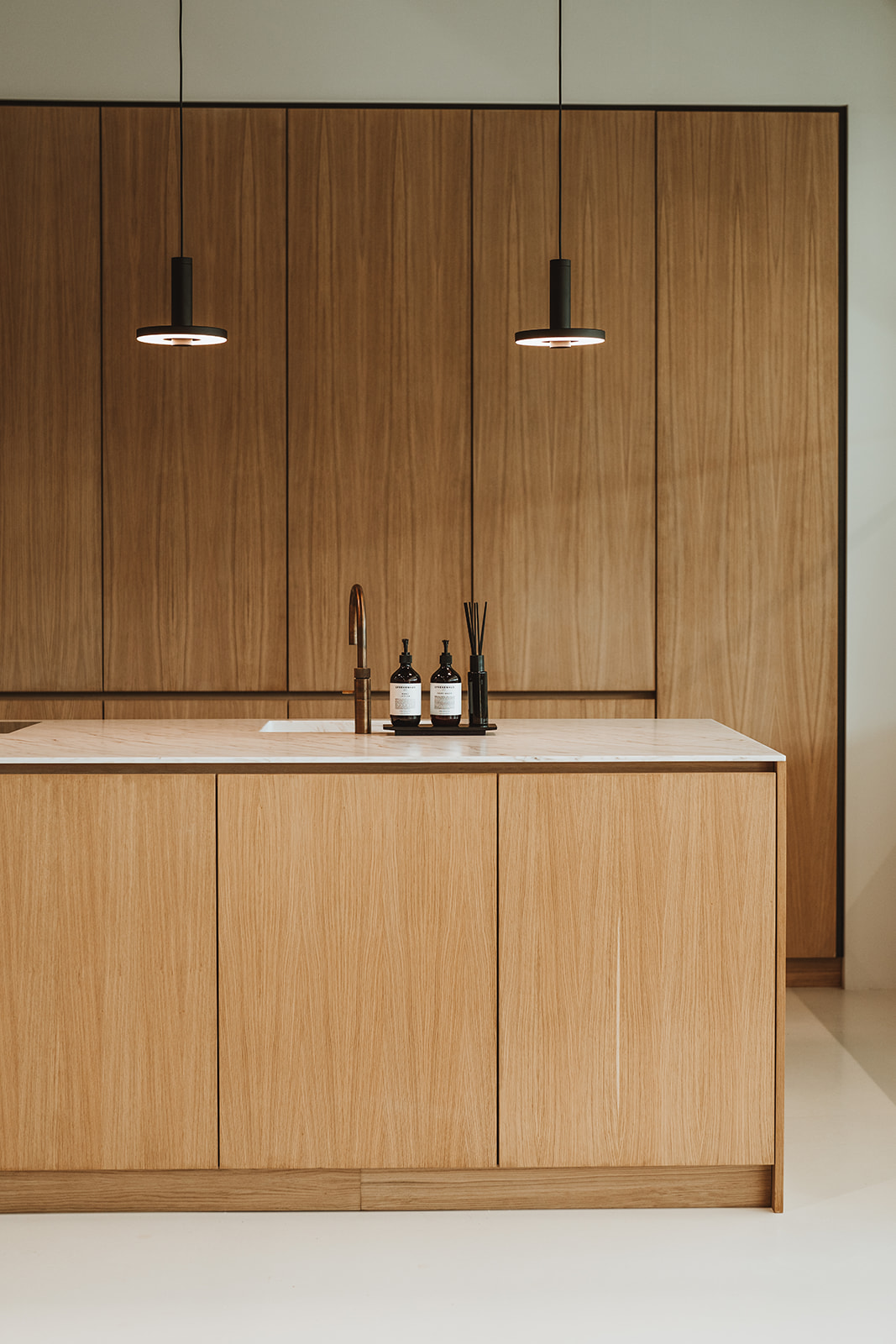
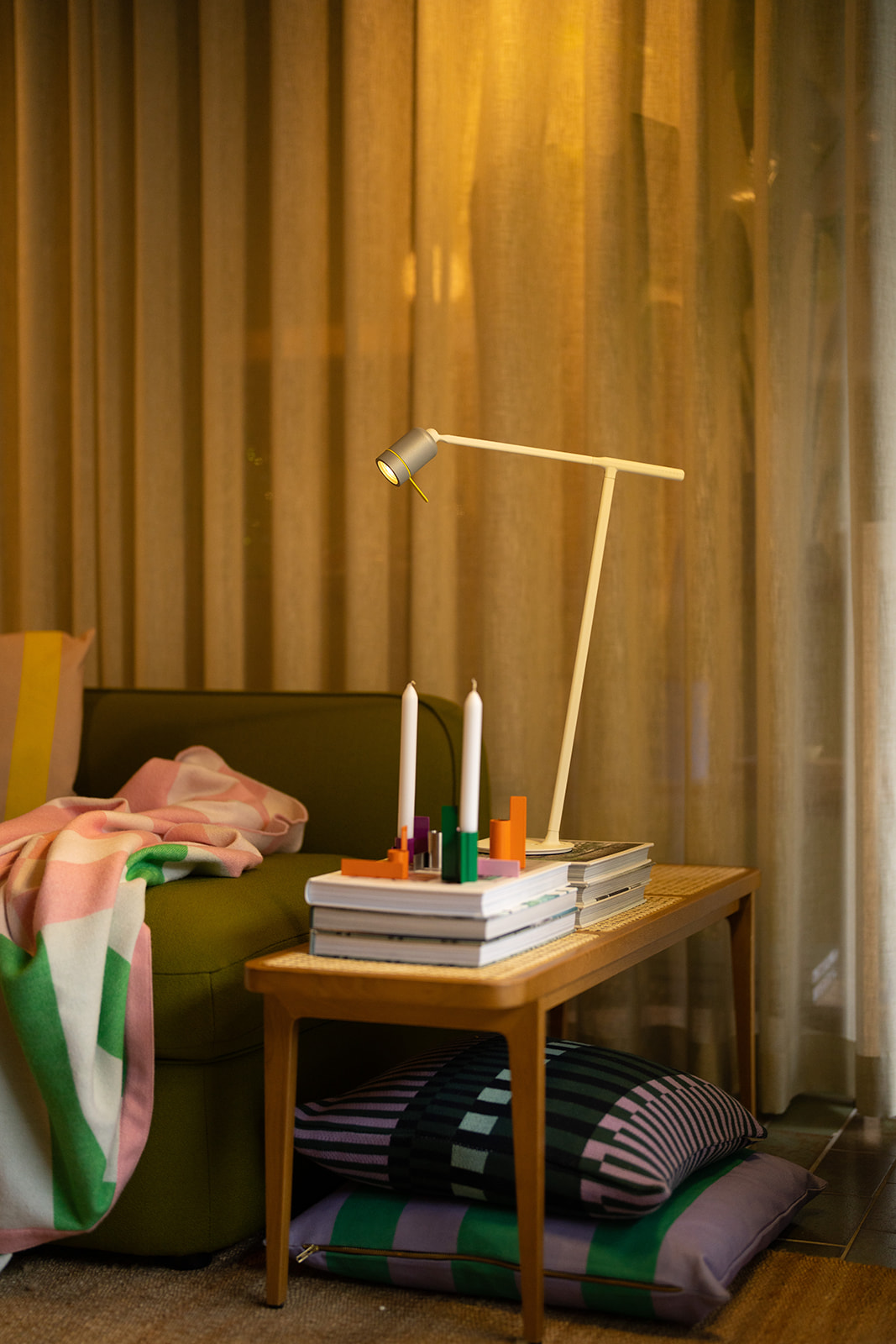
Step 5: Choose the light source for each light
When choosing light sources, pay attention to the function of the lighting. Use energy-efficient LED bulbs and pay attention to the colour temperature. A warm light source is suitable for mood lighting, while a cooler light source suits task lighting better. By choosing the right light source, you create lighting that allows you to optimise both ambience and functionality.
Step 6: Positioning and installation
Place lighting strategically to minimise shadows and create a balanced light distribution. Consider using indirect light, where light reflects off walls or the ceiling for a spatial effect. For complex installations, it is wise to hire a professional to ensure the lamps are installed correctly and safely.
Step 7: Evaluate and adjust
Test your lighting plan at different times of the day to see if the lighting meets your expectations. Adjust where necessary, for example by adding dimmers moving lamps, to achieve optimal lighting quality.
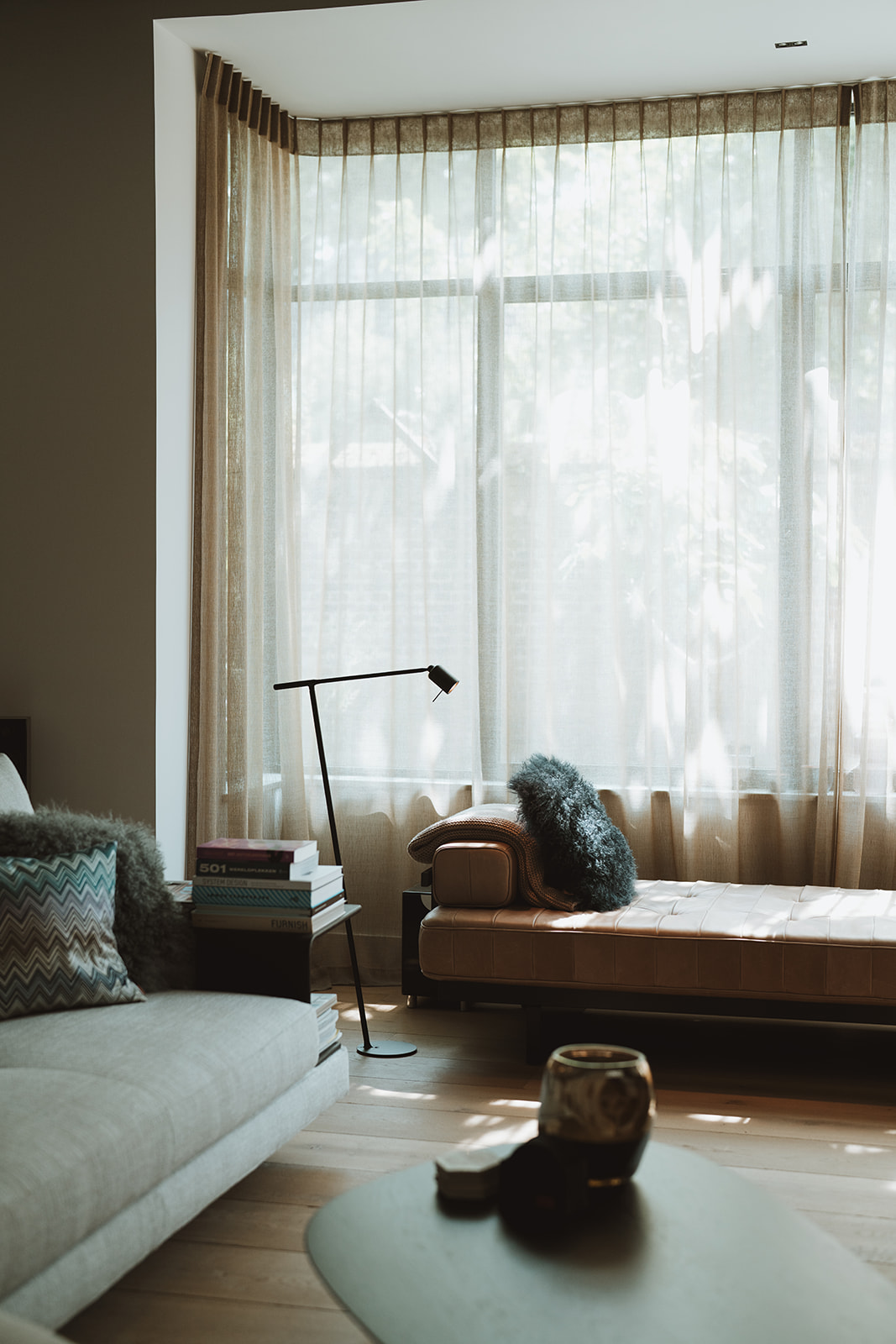
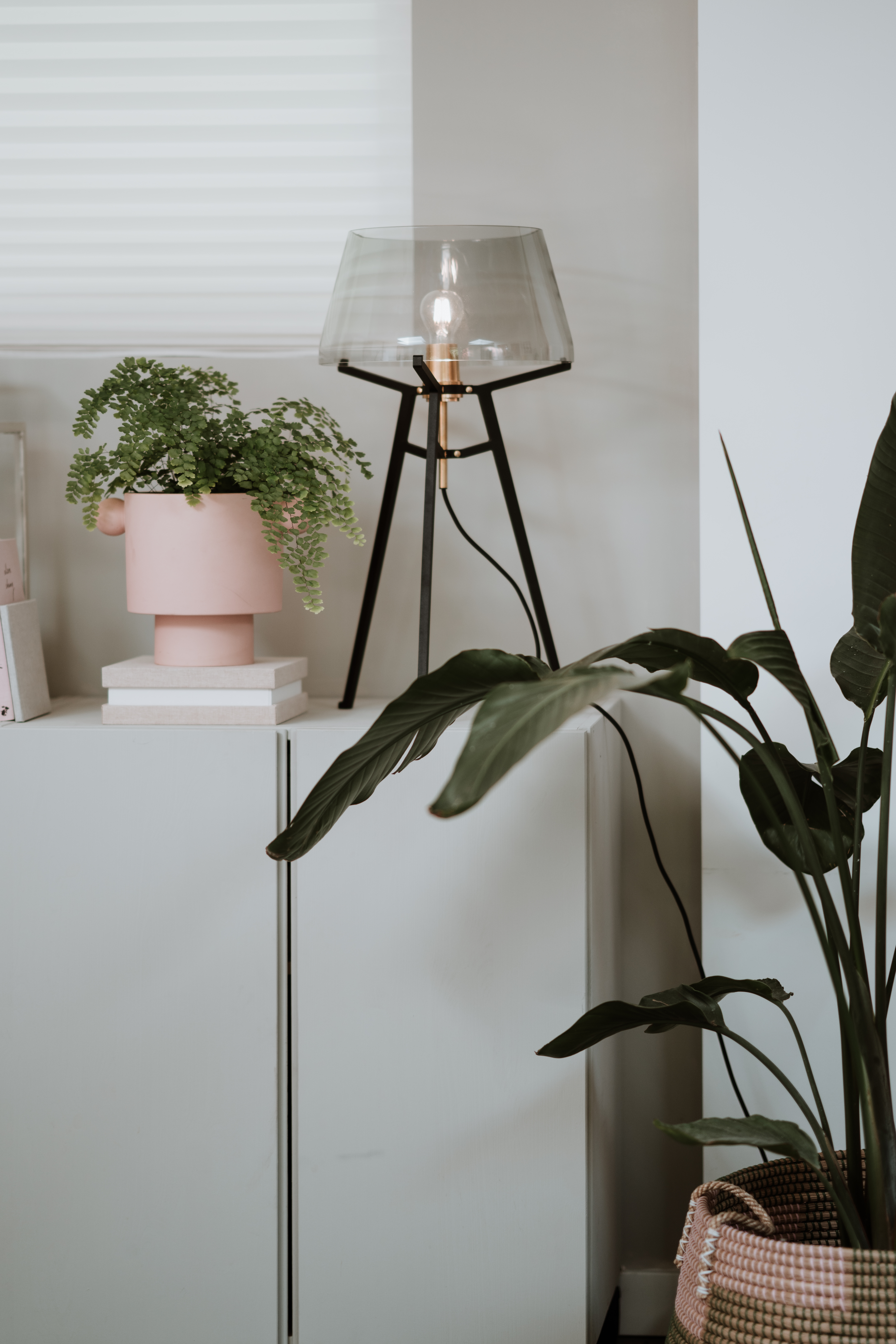
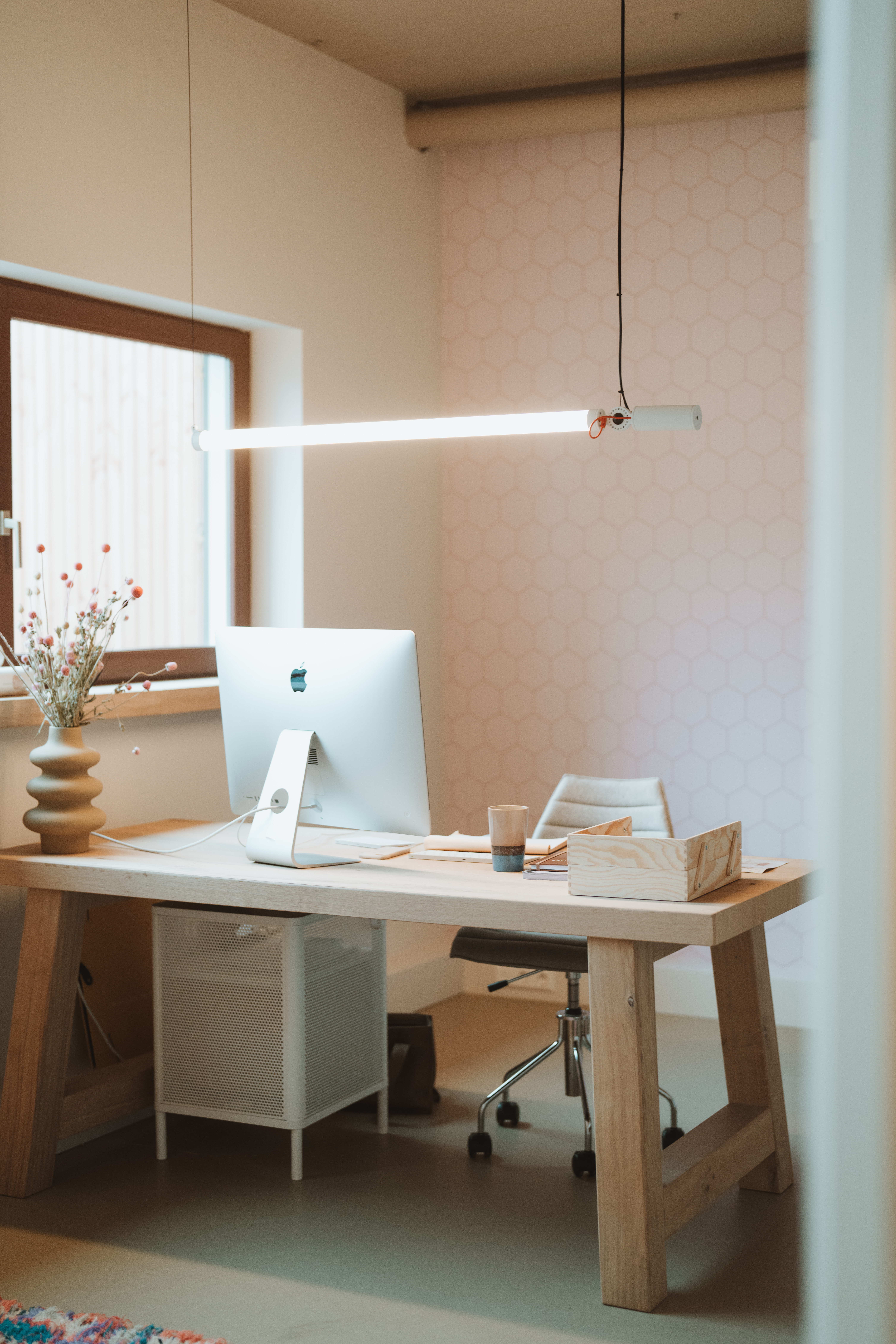
Lighting plan for each room
Create your own lighting plan with apps and programmes
The best Tonone lamps selected for your lighting plan
Tonone's collection consists of lamps that are perfect to apply in a lighting plan. Whether you are looking for floor lamps, pendant lamps or wall lamps, there are various models to complete your lighting plan.
Bolt: Ideal for functional lighting and mood lighting in living spaces such as the living room, kitchen and bedroom.
Beads: Can be used as basic, mood and task lighting and is perfect for lighting living room, dining room and kitchen.
Bridge: Eye-catching neon pendant lamp for above the dining table or a kitchen island.
Bella: Elegant lamp that hangs beautifully above the dining table or stands on a sideboard. Suitable as both functional and mood lighting.
Mr. Tubes LED: Suitable as basic and task lighting for the kitchen or study.
Ella: Elegant lamp and ideal for mood lighting in rooms such as the living room.
Atlas: Elegant pendant lamp for above the dining table. Suitable as a base and functional and lighting.
ONE: Multifunctional lamp that can be used as task lighting in any room. From bedside lamp to kitchen lighting and from floor lamp to desk lamp.
What does a lighting plan cost?
The cost of a lighting plan varies. If you only outsource the plan and buy lamps yourself, the costs are between €500 and €750. Often, the lighting plan is free if you buy fixtures through the provider and spend more than €2500.
Tonone does not offer lighting plans, but we can advise on choosing the right lamps. We know exactly which lamps are suitable for each room and can provide you with plenty of inspiration.
Common mistakes when making a lighting plan
- Not
enough variation in light sources: This can make the room feel one-dimensional
and flat.
- Too much emphasis on basic lighting: don't forget to add task and accent lighting.
- Ignore natural light: Take into account how light changes throughout the day.
- Incorrect placement: This can lead to unwanted shadows or glare.
- Wrong color temperatures: Make sure the color temperatures suits the mood and function of the room.
Sustainability and energy saving in your lighting plan
When making a lighting plan, it is important to think about sustainability and energy savings. Opt for energy-efficient lighting, such as Tonone LED lamps, which are known for their long lifespan and low energy consumption. Consider integrating smart lighting systems, which allow you to manage lamps efficiently.
Finally, make use of natural light to reduce the need for artificial lighting and save energy. Dimmable lighting not only adds to the ambience but also reduces energy consumption.
Find out how to create a lighting plan for any room:



